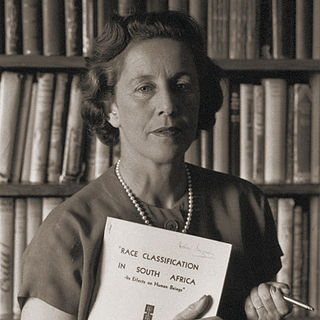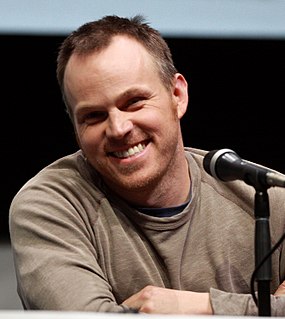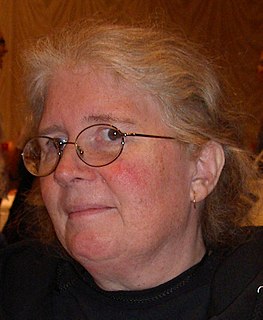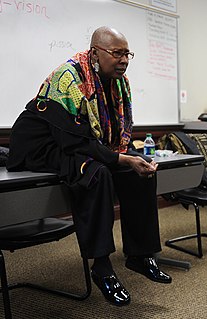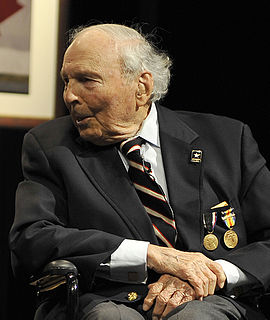A Quote by Helen Suzman
When you teach, you learn." "And I really don't go for religions of any kind. ...I reject them all....There were principles I thought were very important.
Related Quotes
To really talk about African story, and teach this story, you have to teach that tribes were actually nations. You have to teach that chiefs were actually kings, with kingdoms. You have to teach that there was a structure that worked in Africa prior to colonialism. You have to teach that countries were colonized that were doing fine by themselves. And that's uncomfortable.
For me, there were a few things in the Spider-Man comics that I thought were really interesting. There's this story about Peter's parents and where he came from, and I thought that it was really interesting to explore the emotional consequence of someone whose parents had left them, at a very young age.
I always kind of divided the gay guys I met up into two groups when I first started coming out. There were the guys who thought there was something fundamentally wrong with them and hated themselves and were so burdened with shame and internalized homophobia. It just really paralyzed and shredded them. And then there were guys like me who thought, "I'm fine, everybody else is crazy. My church is sick and the family's crazy, but me? I'm fine."
I thought that the behavioral and some of the profiling stuff was interesting. The thing that I was most interested in, and the thing that we were really adament about, was let's get these guys who were there on tape, or in some kind of way, telling what happened. No one has really talked to them all.
Besides, we weren't made to battle villains, because there weren't any. No nation, creed, or race was any better or worse than another; all were flawed, all were equally doomed to suffering, mostly because they couldn't see that they were all alike. Mortals might have been contemptible, true, but not evil entirely. They did enjoy killing one another and frequently came up with ingenious excuses for doing so on a grand scale-religions, economic theories, ethnic pride-but we couldn't condemn them for it, as it was in their mortal natures and they were too stupid to know any better.
I picked such seemingly disparate essays, I thought it was important to say what was the guiding principle in the selection rather than focus on any one essay. I reached for some principle that had been subconscious in me and lifted it into consciousness. Authenticity and sincerity were the most important unifying principles of all these apparently different essays.
I have a very close friend who is a brilliant clown, and I always wanted to do a show with him. So I did one year at La MaMa Theatre. I had not done stilts before that show, and I had about two weeks to learn how to do that, and they were just made with off-off Broadway money. The ones that I had in Rogue One were made by [Industrial Light & Magic]. So they were really easy. They were made with actual prosthetic feet on the bottom. They were athletic, in a way. I could run in them. There was a bounce to them that I could use.
